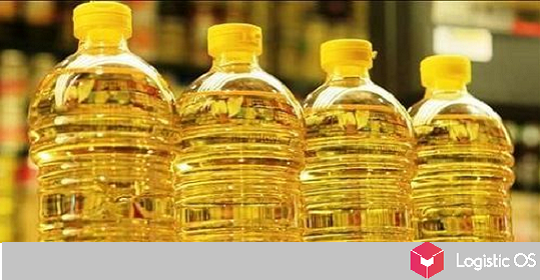The Ministry of Agriculture has come out against such an initiative, as it believes that it will primarily increase the costs of producers.
The emergence of additional rules governing exchange trade in agricultural products may have a negative impact on their producers, the Ministry believes.
First of all, we are talking about a bill called «On organized trades», which may oblige companies to sell up to 25% of their monthly production through the exchange. Moreover, such sales should become mandatory.
If this bill passes the hearings, it may come into force as early as September 1 of this year, that is, very soon. Within its framework, it is planned to list a fairly wide range of agricultural product categories on the exchange.
In particular, we may be talking about grain (wheat, corn, soybeans, barley), sunflower and the oil produced from it, sugar beets and white sugar, frozen fish and crustaceans. It is possible that new product categories may be added in the future, experts say.
Despite the fact that exchange trading is certainly one of the effective tools that allow producers to sell their products, mandatory sales on the exchange also have their downsides, analysts emphasize.
First of all, this is due to exchange commissions, which farmers themselves will have to pay, as a result of which their costs will increase. In addition, a farmer cannot guarantee in advance what volume of products he will bring to the exchange.
The developers of the bill emphasize that exchange trading allows for the virtual exclusion of various intermediaries and resellers, which makes the price fairer.
But the Ministry of Agriculture responds: intermediaries are also possible with this format of work, since the goods are supplied to anyone who wants to buy them as part of the auction — and then their resale is quite possible.
In this case, the buyer always has the opportunity to contact the supplier directly, bypassing exchange trading.
The developers also note that the forced sale of a significant part of agricultural products through the exchange will allow for the development of reliable and transparent price indicators.
But the Ministry of Agriculture has a different opinion on this: they believe that in order to achieve such an effect, it is necessary to act not through coercion, but through the development of more attractive conditions for exchange trading, which will stimulate producers to use this instrument without any pressure from the outside.

